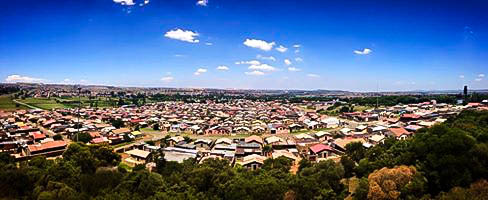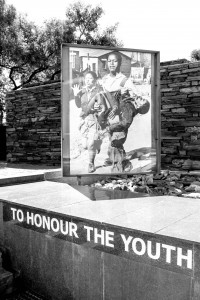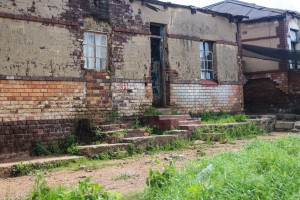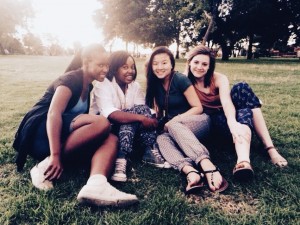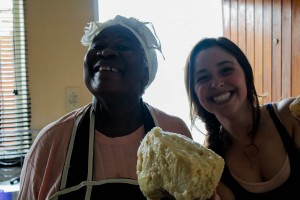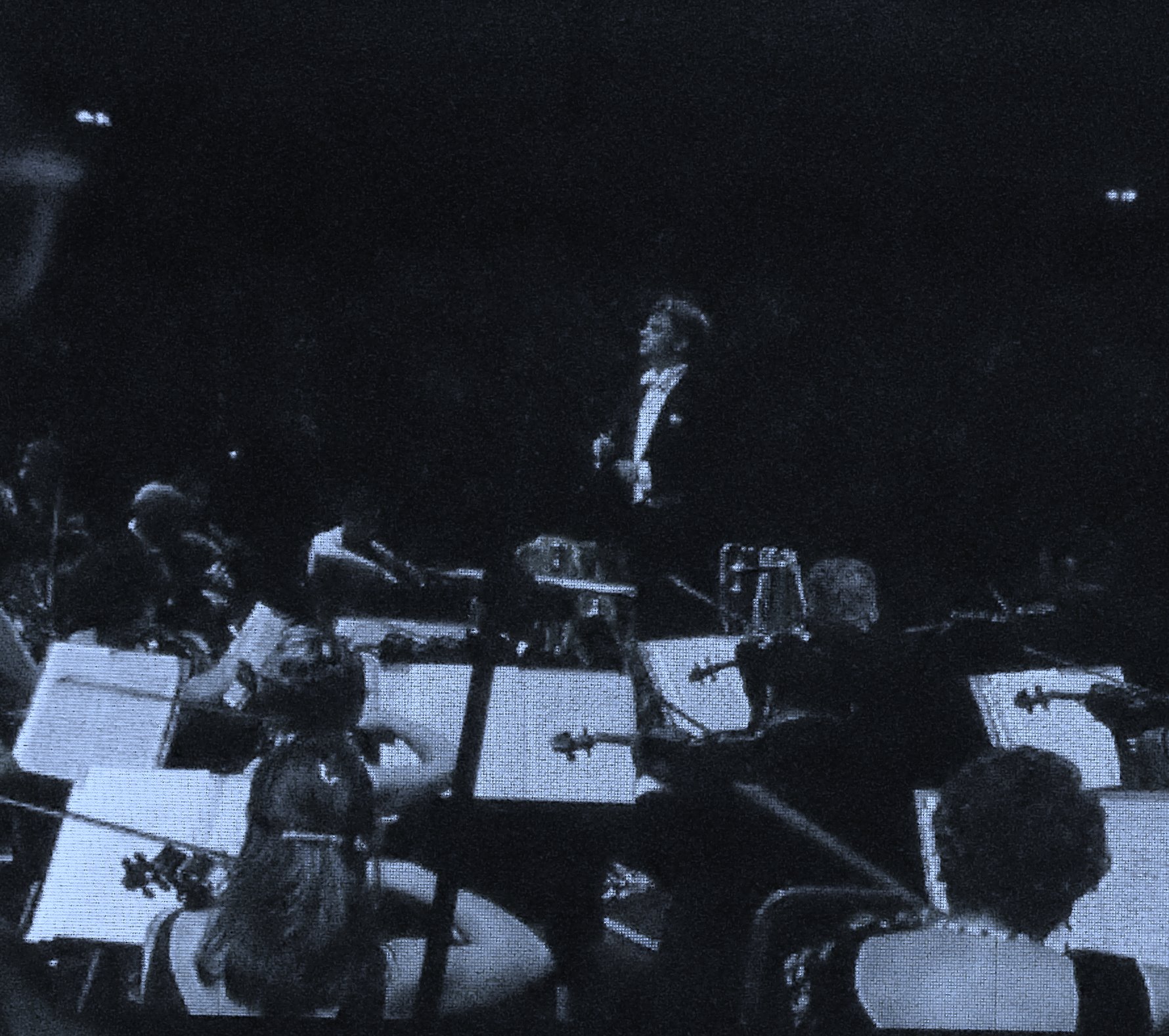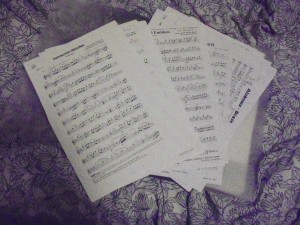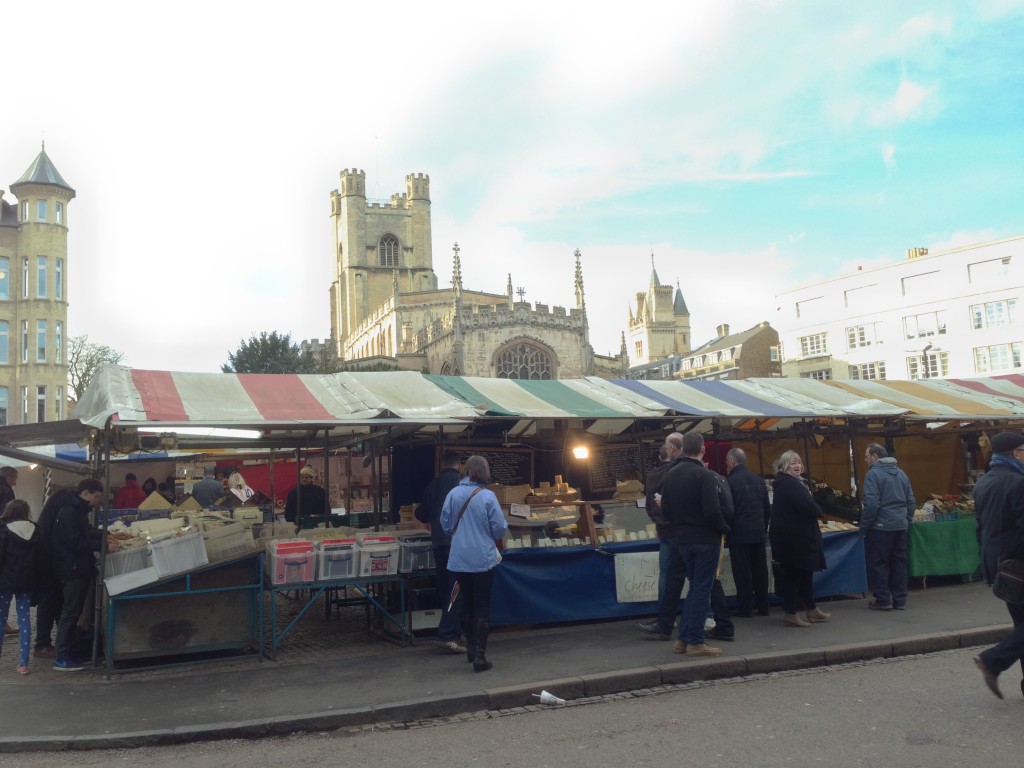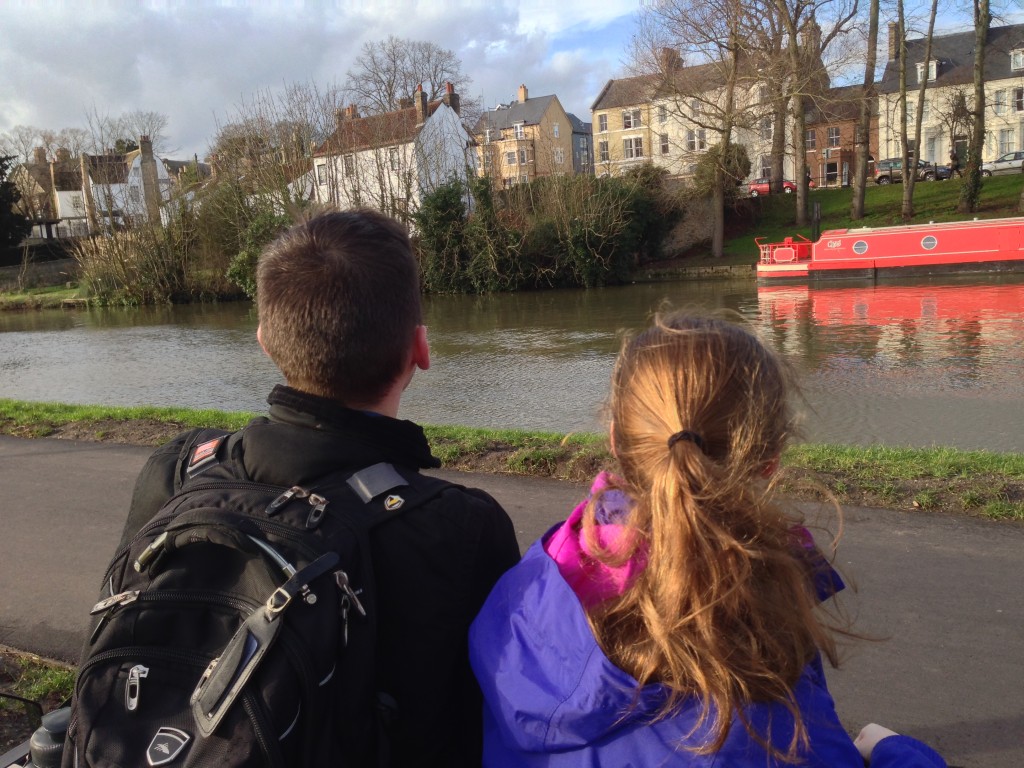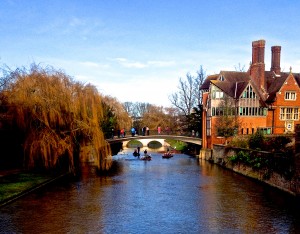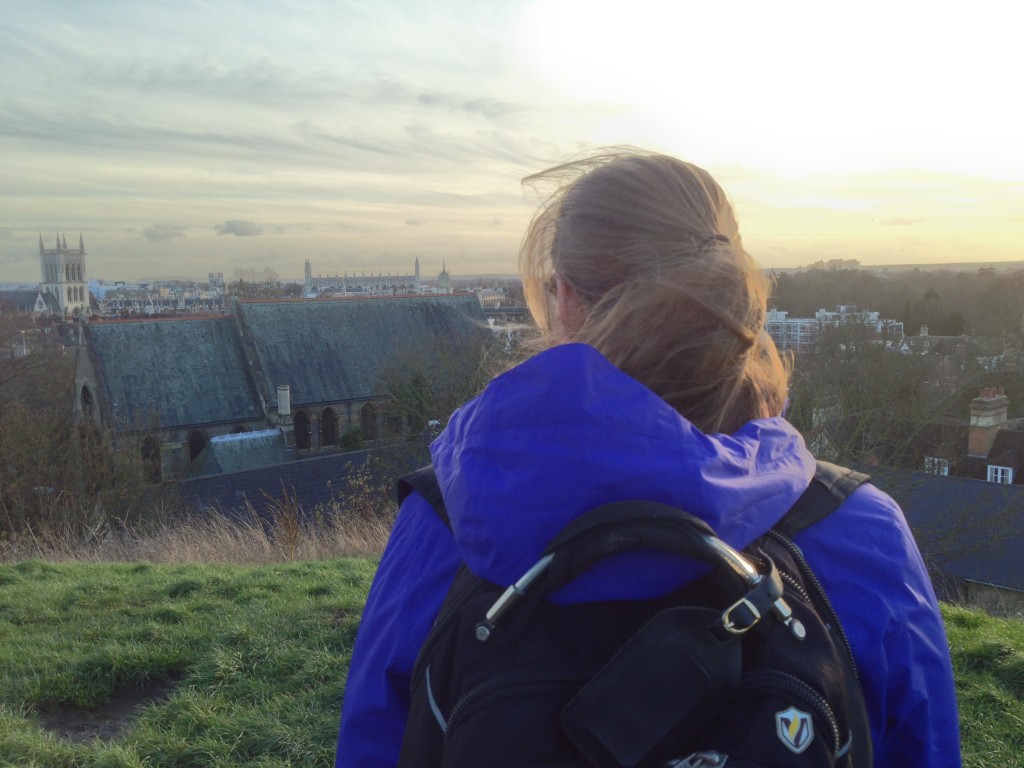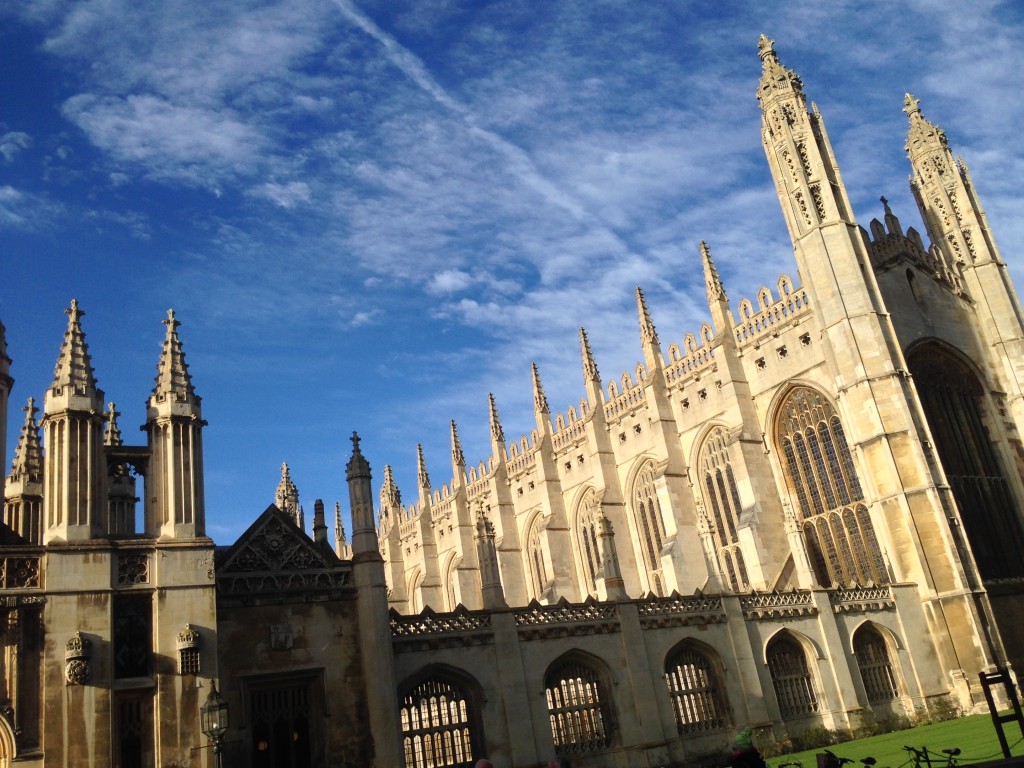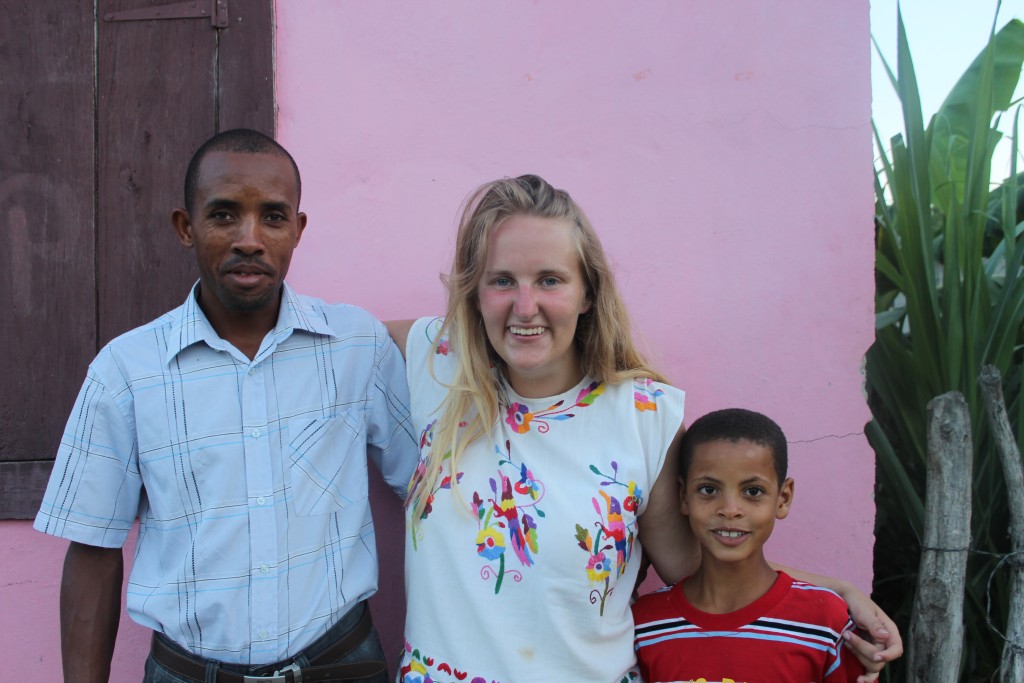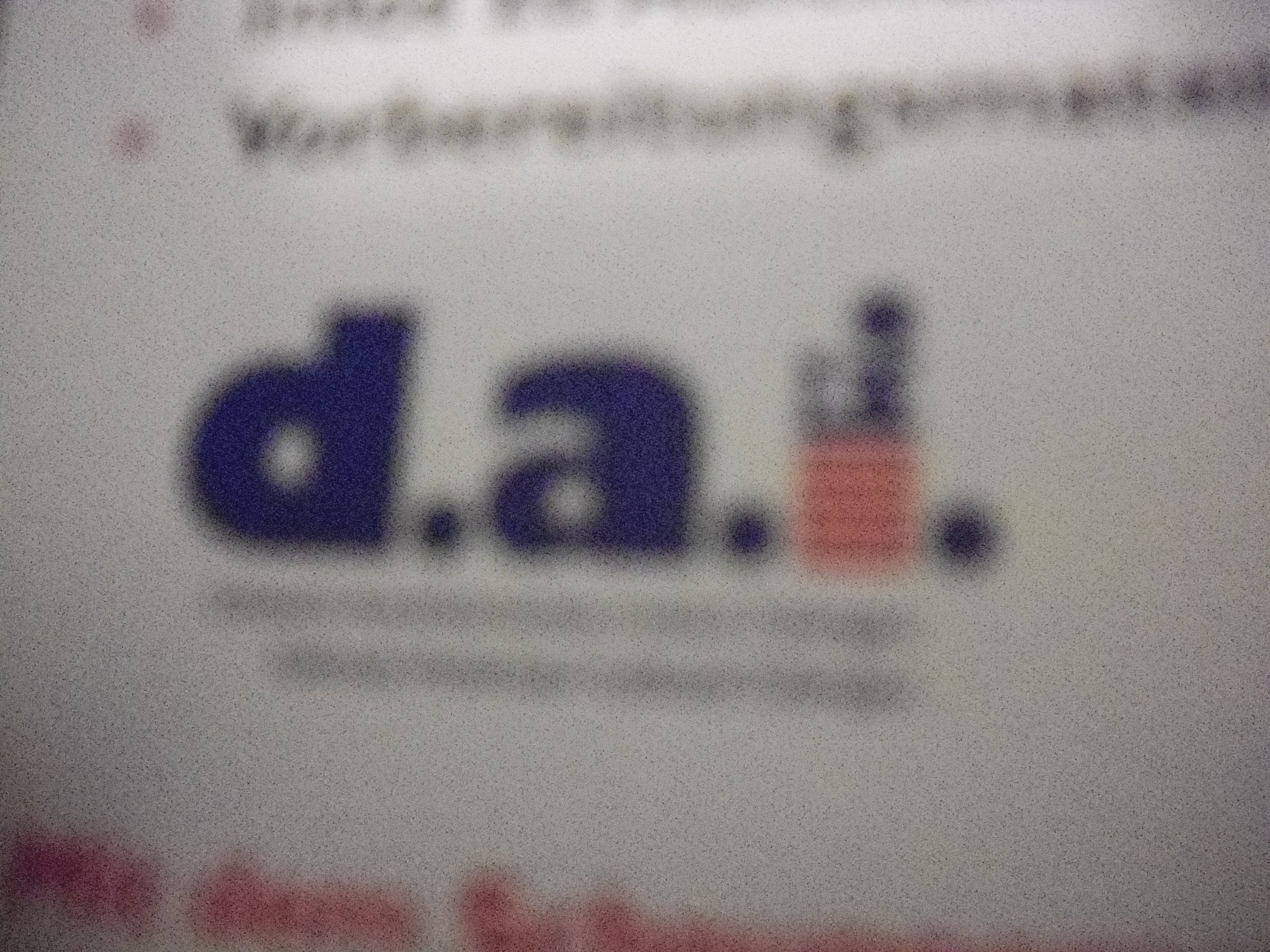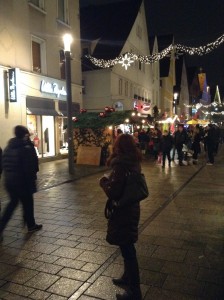Greetings from South Africa! It’s been a crazy last couple of days since arriving late on the 11th of January. The weather is warm, the sky is blue, and my heart is open to everything around me. The beginning of our trip (Jan 11-21) kicks off with ten intensive days in Johannesburg, South Africa and the surrounding area. Believe it or not, the flight here wasn’t horrible. The journey started with leaving home at 5 in the morning, flying out from O’Hare at 9, landing in Washington Dulles and hanging out there for six hours and then boarding South African Airlines. We also had another layover after seven hours of flying in Dakar, Senegal but most passengers did not deplane. Finally, after a few take-off delays we landed in Johannesburg at 7pm (which is 11am CST). Everyone was pretty exhausted so we ate some dinner and toddled off to bed.
The first two days were spent learning about the South African liberation struggle and the Apartheid. We had an incredible speaker and guide named Moleffi who was personally active in the liberation struggle. The culture here in South Africa is something to be embraced, and I am so excited to absorb every second of the next four months. We traveled around Soweto which is the largest township in South Africa, home to 32 communities and estimated 4.5-5 million people.
We also visited many sites that are significant to the liberation struggle such as the Hector Pieterson Museum and Kliptown where the Freedom Charter is inscribed. The Freedom Charter is a set of core principles “made for the people and by the people” that the South African Congress Alliance developed and contains such statements such as: ‘The People Shall Govern’, ‘All Shall Be Equal Before the Law’, ‘All Shall Enjoy Equal Human Rights’, and ‘There Shall Be Peace and Friendship’. Yes, it is an idealist document but a revolutionary one at that.
We also drove around Kliptown, which is one of the oldest communities in Soweto. It’s beautiful and resilient here and I’m getting use to being stared at as our big bus drives by. Most people are super friendly though and if you gibe a smile, you’re guaranteed to get one back.
One of my favorite places we traveled to was Orange Farm. Orange Farm is small in land, but large in community with an estimated one million people which makes it one of the largest informal settlements in South Africa. While we were there we visited a rycycling center which is a source of many women’s income. It’s awesome to see a community creating and developing an eco-conscious program which directly benefits back to it’s community.
We also visited the local preschool and since it was the first day back to school for the little ones, we got to visit them too (yay!). In talking to some of the lovely women who run the preschool, it was great to hear how passionate they were about these children and providing them with an education. After visiting Orange Farm, I’m walking away with a new appreciation for how much I have but also an appreciation for the Human resilience and determination. The hearts and hopes of the people we met there are bigger than the sky, which is incredibly inspiring, and they do so much within their community from the recycling plant, support groups, and the preschool.
On Friday, I departed for my first homestay in Soweto with Maddie another girl from my group. We stayed at a B&B (Bed and Breakfast) and had the most incredible time. Friday Maddie and I both were sick (which was really unfortunate) but our Hostfamily was incredibly gracious and understanding. When we were feeling better, we spent most of the weekend hanging out with our host-sisters, going for walks, hanging out in the park, going to the mall, and just getting to know eachother.
We had a ton of amazing conversations and I loved asking my host sisters and their friends questions and answering their questions in return. Just in conversation alone, I learn so much about the culture and the daily life that goes on. We also visited some of the other people in our group that were staying with their host family to have lunch. I’m pretty sure I could have died completely happy that day from the amount of fantastic food MaChanza made for us.
For me, it’s an amazing experience to be immersed in such a beautiful country that is rich in both history and culture. Each place we visit is not only historically significant in regards to the Apartheid and liberation struggle, but often also a juxtaposition between what used to be and what currently is. There’s so much to look forward to this semester and this is only the beginning so stay tuned!
Hugs from around the world,
Katie
